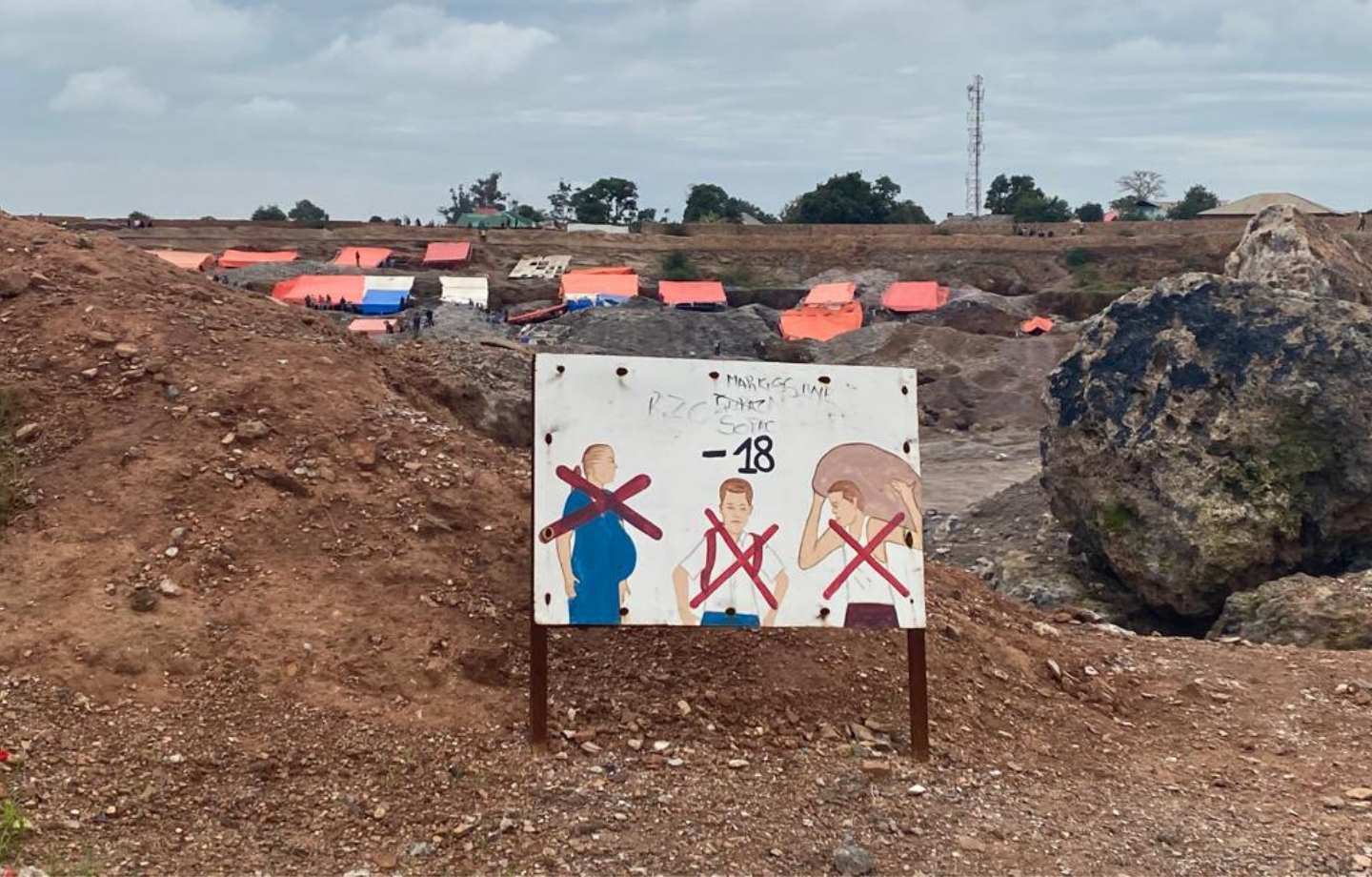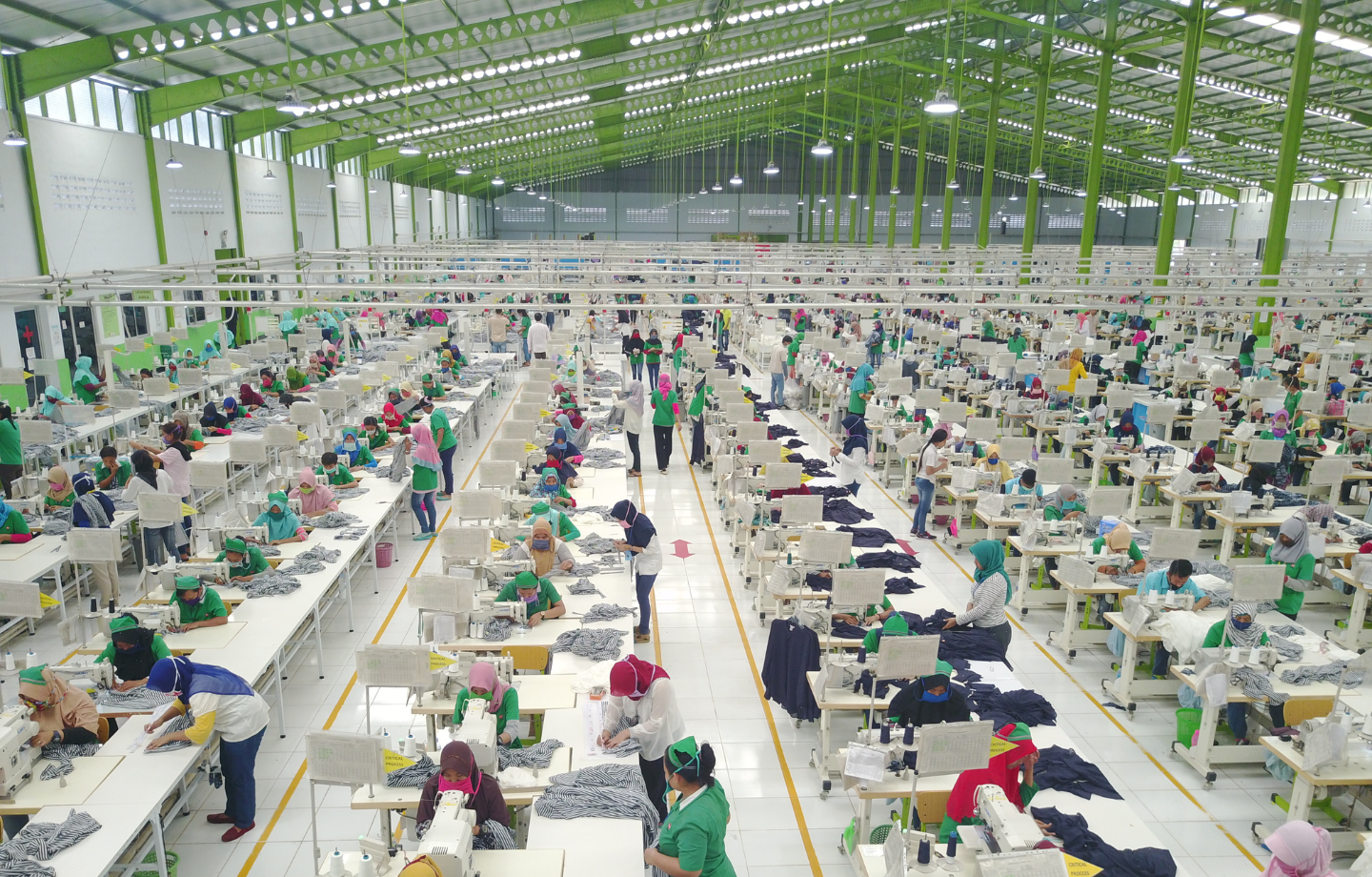What the International Olympic Committee Can Do to Promote Human Rights

August 9, 2024
The 2024 Olympic Games in Paris will end this weekend. When the modern Olympics were launched in 1896, the focus was almost exclusively on athletic competition. Those days are long gone. The Paris Games offer commercial sponsors and other consumer-facing companies boundless opportunities to promote their brands, both to those who attend the games in person and the billions around the world who enjoy broadcast coverage. Many of the athletes in Paris are professionals, with careers and livelihoods at stake. Those fortunate to win medals can even win prize money from certain governments and World Athletics.
Earlier that week, The New York Times reported that the Paris Games will be the most “sustainable” Olympics ever, and from an environmental perspective this may be true. But the picture is much less clear when examining human rights challenges.
In 2022, the International Olympic Committee (IOC) adopted a human rights framework, which is first being applied at these games. To complete a meaningful human rights scorecard for future games, the IOC needs to compile better data and set clearer standards for what constitutes success.
Take the issue of construction. While French organizers have utilized many existing venues, significant construction also has been undertaken. In May, the government released official statistics on workplace injuries but apparently omitted cases involving undocumented migrant workers. The statistics leave out all accidents related to the construction of the expansion of the Paris Métro. These construction projects were not classified as Olympic construction sites even if they were built to reach Olympic venues.
We know that migrant workers are often essential in the construction, hospitality and private security sectors. But we have insufficient data to assess how effectively the French government has been in regulating construction or even how many undocumented workers have been employed.
A second set of issues relate to artificial intelligence-powered surveillance systems that are being piloted in Paris to monitor crowds and enhance security. The value of these systems is obvious. They can be used both to disrupt terrorist attacks and enhance prosecutions when laws have been broken. But as these surveillance systems become more pervasive, their deployment and supervision needs to be constantly evaluated in terms of the potential risks relating to personal privacy and the dangers of discriminatory application. Currently there is no effective system for making these types of judgements.
A third set of issues relate to how the government is interacting with homeless people and other marginalized communities. There is a tension between ensuring public order and respecting the rights of vulnerable communities in our societies. Developing sustainable solutions to reintegrate vulnerable communities into the workforce and society will require time and sensitivity, and this work needs to start years before the next Olympic Games launch.
Looking to the future, the IOC needs to do much more both to set clear standards and metrics for what constitutes compliance with its human rights commitments and to require data and oversight to ensure these standards are being applied in practice. It also needs to think harder about how it can offer incentives for Olympic hosts to keep raising the bar for environmental and social sustainability. If hosts innovate sustainability models that other cities can adopt, they should be rewarded. In turn, if they fail to address key concerns such as the ones relating to migrant workers, they should be fined and otherwise held accountable by the IOC.
Establishing models for incentivizing the protection of migrant workers and other vulnerable communities will be useful for the next Summer Games in 2028 in Los Angeles. The Olympic values of excellence, respect, and friendship should benefit all people involved in making the Olympic Games happen.
 Global Labor
Global Labor Business & Human Rights Leadership
Business & Human Rights Leadership


